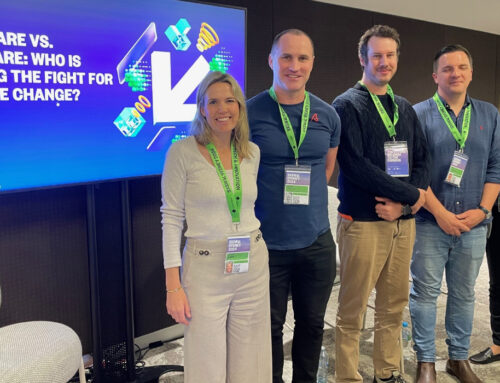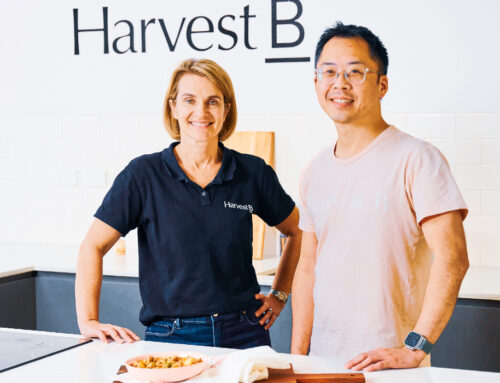Guest piece by our wonderful member of the Albert Impact Ventures Investment Committee and Alberts board member Will Richardson, partner at Giant Leap.
Empathy has become a key currency
The Australian VC sector has come a long way from its capital constrained days, and it’s forcing investors to reshape how they do business.
The major shift has been from a closed door and closed shop industry where the power sat squarely with capital allocators toward a more transparent founder focused market.
The abundance of capital is undoubtedly a key driver, with Australian VCs invested over $10b in 2021 (Source: Cut Through Ventures), more than doubling the previous record. This means high quality founders have unprecedented choice for who they bring on as investors.
Funds are increasingly promoting how they differentiate, marketing “founder-friendly” attributes or speed to investment. The increased transparency is another indicator, with blogs describing how investment decisions are made and office hours becoming table stakes.
This all falls in favour of founders to choose a fund whose values, personality, and style fits theirs. Funds managers will have to demonstrate they understand the founder’s mission and needs on a level playing field. In this market, empathy is a key currency for why founders pick their investors.
Integrity is a practice with compounding returns
While the ecosystem is growing rapidly, it is still a cottage industry in many ways. It’s a small ecosystem with very few degrees of separation from one another. Consequently, word travels fast on good and bad actors and every interaction counts.
Some common frustrations I’ve heard are investors who drown founders with unnecessary due diligence, board members who are unhelpful or fail to add genuine value and founders getting ghosted mid-stream by investors and vice-versa. Meanwhile, as we become more interconnected; reference checks on character and reputation are becoming more common.
Reputation builds slowly, and takes longer than you think. From the outside, it may look like the most well-known, trusted brands and players in the space have a naturally large profile that is inaccessible to those just starting out.
But I have only ever observed it being the result of a large volume of effortful, gritty practice of being true to your values and empathetic to those around you. Over time, the benefits of stronger relationships, better opportunities, and improved state of being compound.
The impact VC flywheel is accelerating
The recent successes of Australian startup unicorns exiting or going public has highlighted the amount of tech leaders ready to pay it forward and drive a virtuous cycle for impact.
We’re also seeing real deal impact angels emerge from their startup journey, such as Simon Griffiths, Kate Morris and Peter Haasz, backing outstanding impact startups with phenomenal teams.
We have also observed Canva founders Melanie Perkins and Cliff Obrecht promising to generously donate more than half of their fortunes to tackle the world’s biggest problems.
This new generation of entrepreneurs turned impact angels and philanthropists are increasing the availability of values-aligned capital and mentorship, which will in turn grow the next generation of impact founders.
The future of impact will be defined by authenticy
With impact startups attracting more loyal customers, better talent and aligned investors, impact washing at the company and fund level is inevitable.
The increasing pool of impact-driven investors will drive fund managers to focus more on impact and begin reporting on their impact. The next wave of impact investing in early stage startups will involve questions of authenticity and intention – or suffer the consequences. We saw this happen this year, after Powershop’s exit to Shell led to thousands of customers churning.
Expect the use of standards and frameworks like Impact Management Project, more adoption of impact verification platforms, and mainstream funds hiring Chief Impact Officers.






